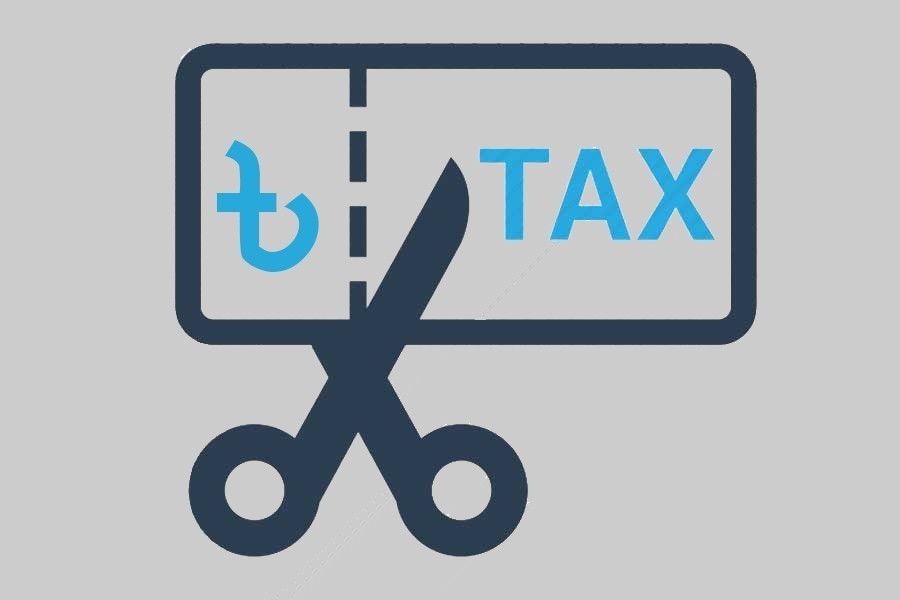
Published :
Updated :

Businesses want the government to do many things aimed at helping cut the cost of their operations. Fiscal incentives, including tax exemptions, remain at the top of their wish list.
Tax exemptions offered to various sectors of the economy, according to a study conducted by the National Board of Revenue (NBR) in the fiscal year 2018-19, had cost the nation a sum of Tk 579 billion. The amount is equivalent to 2.28 per cent of the gross domestic product of that particular FY. The amount must have gone up in the following years.
Given the country's annual tax receipts, the money involved in tax exemptions is substantial. Yet the government has to offer such exemptions to help domestic industries grow and compete in the international market. But not all industries get the tax exemption benefit equally. Fisheries, apparels, IT/software incomes and industries located in different economic zones are major beneficiaries.
Beside tax exemptions offered to various sectors, the government is often compelled to waive duties and taxes usually levied on food and other essential items. But those are temporary waivers.
For the sake of the growth of domestic industries, it is necessary to offer certain incentives, including tax exemptions. The export-oriented industries deserve the fiscal incentives most, as they have to compete in the international market. Here, allegations are there that the government is favouring the apparel sector more than other sectors which, it is claimed, could do even better with similar kinds of support.
It is necessary to offer state support to new industries, but it should not continue unendingly since it exacts a huge cost on the economy. Besides, the continuation of such support makes the relevant industries dependent. They will never be interested in becoming self-reliant and competitive.
The NBR deserves appreciation for carrying out the study on tax exemptions that have been costing the public exchequer a substantial amount of money annually. There should be a cost-benefit analysis also. It is important to assess the gains made out of the tax exemptions over the past few years. Such a study needs to be sector-specific.
The government may also ask the individual beneficiary industries to submit their annual financial performance reports. Following the review of the reports, the NBR can decide whether to continue or not the tax benefits to the relevant industrial units.
Tax exemptions cannot be a matter of right. The recipients of such benefits will have to perform up to a certain level. The government should also make a thorough review of the existing tax exemptions situation and go for necessary adjustments and reshuffles. Through hard lobbying some sectors have managed tax exemptions more than they deserve. That should not be the case. Only the deserving sectors should get the benefit of tax concessions without any discrimination.
Some export-oriented sectors have reasons to feel aggrieved in the matters of fiscal incentives. Their export receipts may not be as big as that of one particular sector. But identical support, they feel, would help them do even better.
The government should take the tax exemption issue seriously and make an extensive review of the same before recasting it.
zahidmar10@gmail.com


 For all latest news, follow The Financial Express Google News channel.
For all latest news, follow The Financial Express Google News channel.